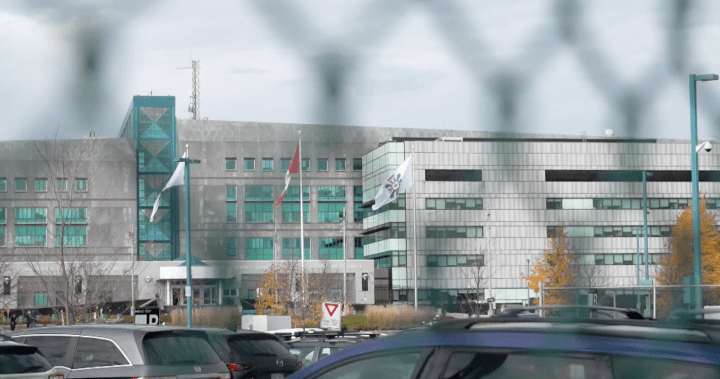The upcoming appointment of a new leader for CSIS will have to navigate internal rifts within the organization that are impeding efforts to investigate and address Chinese foreign interference in Canada. Reports from NSIRA and NSICOP revealed tensions between regional intelligence officers and headquarters staff at CSIS, as well as disagreements over how intelligence on foreign interference is disseminated. This disconnect has led to frustration among intelligence officers and a lack of clarity on how to share crucial information with government decision-makers.
One significant incident involved a senior CSIS analyst producing an in-depth report on Chinese foreign interference in Canada, which was not initially distributed. After media leaks exposed the report, efforts were made to publish it on a secure intelligence archive, but it was later pulled at the request of the Prime Minister’s national security and intelligence advisor. This incident highlighted the challenges in sharing sensitive intelligence within CSIS and the broader government.
The lack of trust and communication within CSIS has led to resignations among intelligence officers and senior managers, with reports indicating that some employees have stopped documenting Chinese foreign interference intelligence. The reports also highlighted political dismissals of intelligence reports detailing foreign interference, suggesting that some government officials downplayed the significance of these activities. The NSICOP Parliamentarians rejected these dismissals, emphasizing the threat posed by Chinese and Indian interference in Canadian democratic processes.
Following the retirement of CSIS Director Vigneault, several potential candidates have emerged as contenders for the leadership role. CSIS deputy director Vanessa Lloyd is currently serving as interim director, with other possible successors including Caroline Xavier, chief of the Communications Security Establishment, and Tricia Geddes, associate deputy minister of Public Safety Canada. These candidates bring years of experience in intelligence and national security, with backgrounds in various government agencies that collaborate with CSIS.
The selection of a new CSIS director comes at a critical time for the organization, as it grapples with internal divisions and external challenges related to detecting and addressing foreign interference. The incoming leader will need to address the rifts within CSIS, improve communication and coordination among intelligence officers, and ensure that vital intelligence on foreign interference is effectively shared with government decision-makers. This appointment will play a crucial role in shaping CSIS’s ability to counter threats to Canadian national security posed by foreign actors.


